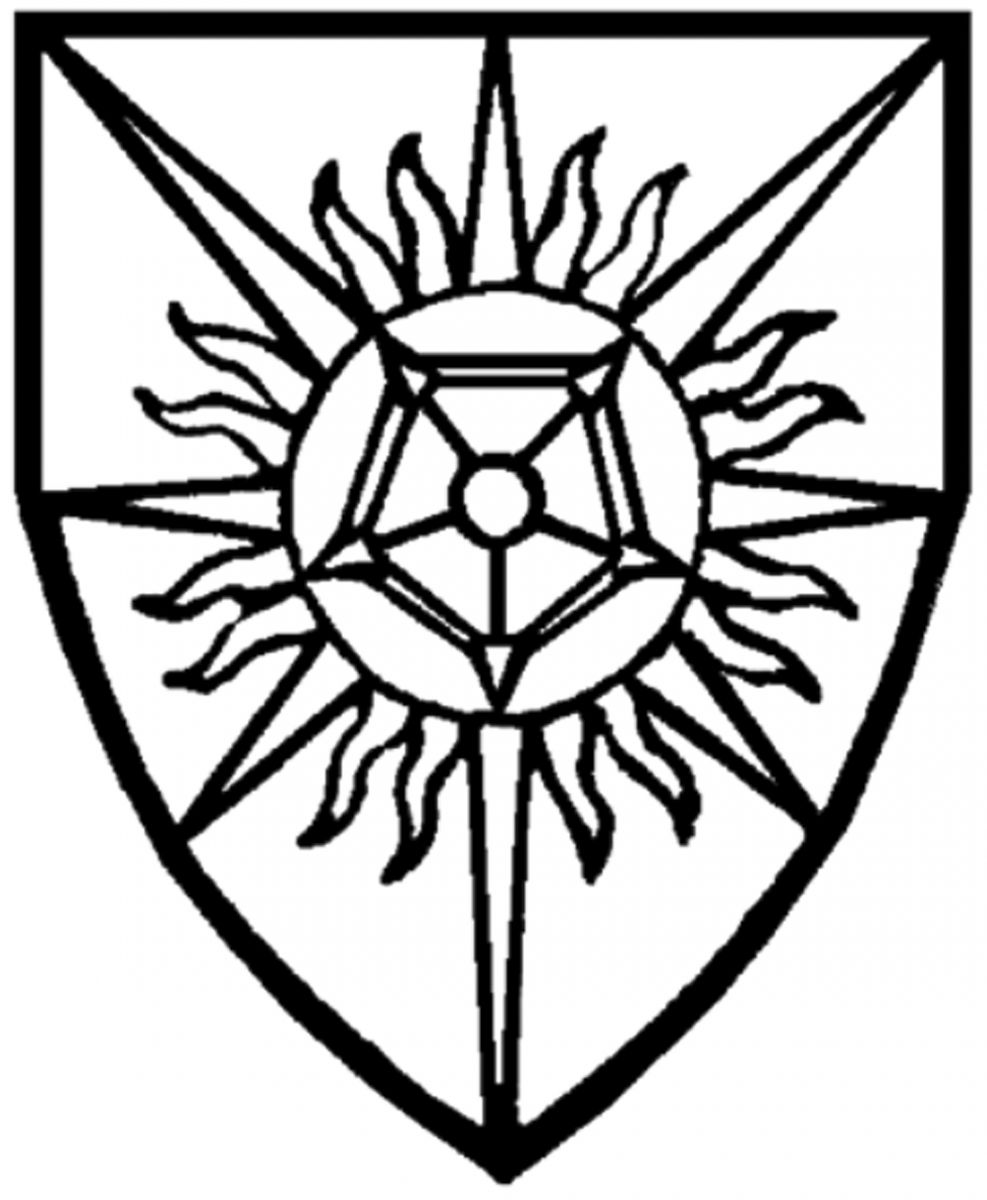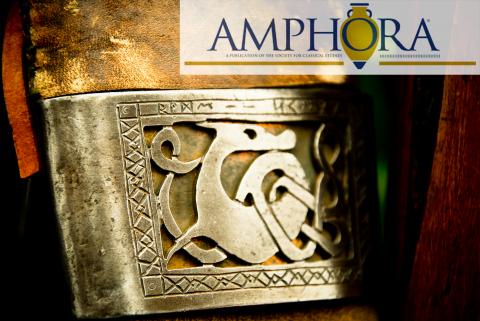This article was originally published in Amphora 12.1. It has been edited slightly to adhere to current SCS blog conventions.
This spring I was fortunate to hear an interesting panel discussion—stand-up-and-take-notice interesting—at the Medieval Academy of America’s annual meeting, hosted by Notre Dame University. The panelists’ observations seemed to me relevant to the SCS both as demonstrating additional kinds of outreach but more importantly as discussing the peculiar period higher education now finds itself in, and what might be done about that at every level, from junior scholar to dean. Officially the panelists spoke in the context of medieval studies, but they mentioned classical studies at different points, and the vast majority of their comments would be applicable to nearly any department in the humanities, especially those involved with “old stuff” or those commonly regarded by the public as recondite. [pullquote]In short, if your discipline has a saying about it on the model of “It’s all [your day job] to me,” you’ll want to listen to the presentations by these three scholars.[/pullquote]
Titled “The Futures of Medieval Studies and the Academy: A Panel Discussion,” the panel was organized by Thomas Goodman (Univ. of Miami) and Benjamin Ambler (Arizona State University), and sponsored by the Consortium for the Teaching of Middle Ages (TEAMS). The panelists were Barbara Rosenwein (Loyola University Chicago, retired), Irina A. Dumitrescu (Rheinische Friedrich-Wilhelms-Universität Bonn), and Mary Carruthers (New York University, retired). The audio file of the panel is made available with the permission of Dr. Lisa Fagin Davis, Executive Director of the Medieval Academy of America, as well as that of the individual participants.
The panelists are an impressive group: their backgrounds are diverse yet complementary, and as a result they provide a broader than usual landscape against which to offer ideas on where medieval studies (that is, a major field in the humanities) is going in the current corporate university model (where, to be honest, all of us sit, regardless of home country).
Barbara Rosenwein has published numerous monographs, textbooks, and articles, in six different languages, and conferences honoring her teaching and research have been held on two continents. She has been chair of the department of history at Loyola, a Fellow of the American Academy in Rome, co-chair of the American Historical Association’s annual program committee, and a Fellow of the Medieval Academy, among many other honors.
Irina Dumitrescu was trained as a medievalist at Toronto and Yale universities. She was an Alexander von Humboldt fellow at the Freie Universität Berlin, and now is a junior professor in the Department of English, American, and Celtic Studies, giving her an interestingly multi-cultural outlook on current academic issues. In addition to her philological interests, she writes about food, sex, humor, and violence in the medieval world.
Mary Carruthers has published eight books and very many articles. She is a Fellow of the British Academy and of the Medieval Academy of America; she has won the Haskins Medal (2003), a Guggenheim Fellowship (2004), and has been a visiting or permanent fellow at Balliol and All Souls. She served as Dean for Humanities, Faculty of Arts and Science, at NYU, from 2000-2005.
The recording is roughly an hour and forty minutes long. The panelists’ observations were small-scale (Rosenwein), large-scale (Carruthers), and international (Dumitrescu), and while all of them are worthwhile I especially recommend the comments of Mary Carruthers, who, as she notes, speaks not as a professor of medieval studies but as past Dean for the Humanities at NYU.
Barbara Rosenwein speaks from 3:32 to 11:20; Irina Dumitrescu from 11:22 to 23:50, and Mary Carruthers from 24:04 to 44:16. A quite engaged group discussion follows that includes many audience members, and that also contains numerous ideas about outreach, the survival of individual disciplines, and the survival of higher education in the face of growing pressure from nonintellectual business models.
A brief overview of some points touched on by the speakers:
Barbara Rosenwein
- medieval studies as a harbinger of the direction of higher education
- creating faculty lines designated as “premodernist,” or “the pre”
- why classroom enrollment numbers matter
- the importance of advertising classes, and how to do that
- what enrollment numbers give you within the university
- what working with classical studies gets you
Irina Dumitrescu
- will the academic future even include [medieval studies, classics, humanities] and why maybe not
- is the future of academia different for undergraduates vs. graduate students • are futures different in different countries
- the concept of academic deliverables and the message they send
- the value of people “who can explain all this”
- the value of digital humanists as explainers
- valorization of scholarship that produces “hard knowledge”
Mary Carruthers
- breaking out of the mindset of just one’s own department, “thinking big”
- seeking and spending the “big” money, not just single-professor / single-year grants
- importance of making sure we’re consulted at public policy-making level
- national advocacy via professional associations
- comparison of the status of medieval studies (weaker) and classical studies (stronger)
- teaching abroad is primarily executed by humanists and business school faculty: is cooperation possible?
- proactive rethinking of faculty structure, and understanding administrative structure
As the panelists note, we are at a point in the history of the academy in which the lion’s share—whether journalistic or administrative or financial—is given to disciplines in the hard sciences. It behooves humanists of all stripes to pay attention, and to find ways to work collaboratively.
(Photo: "Medieval shots" by Andrew Taylor, licensed under CC BY 2.0)

